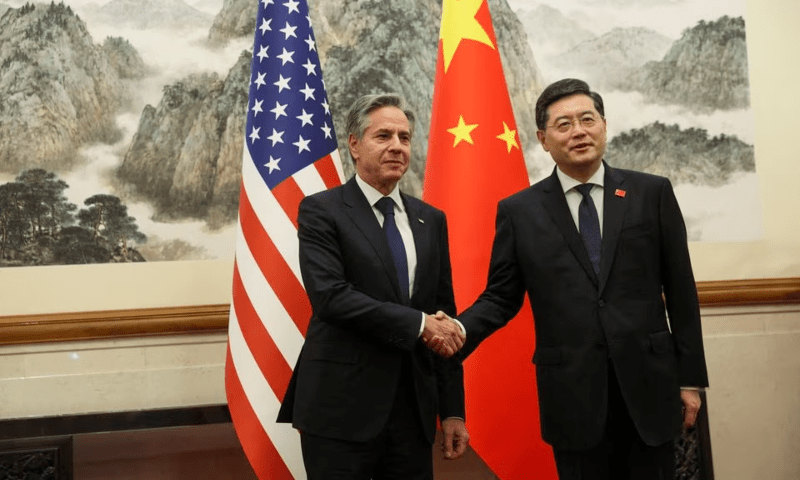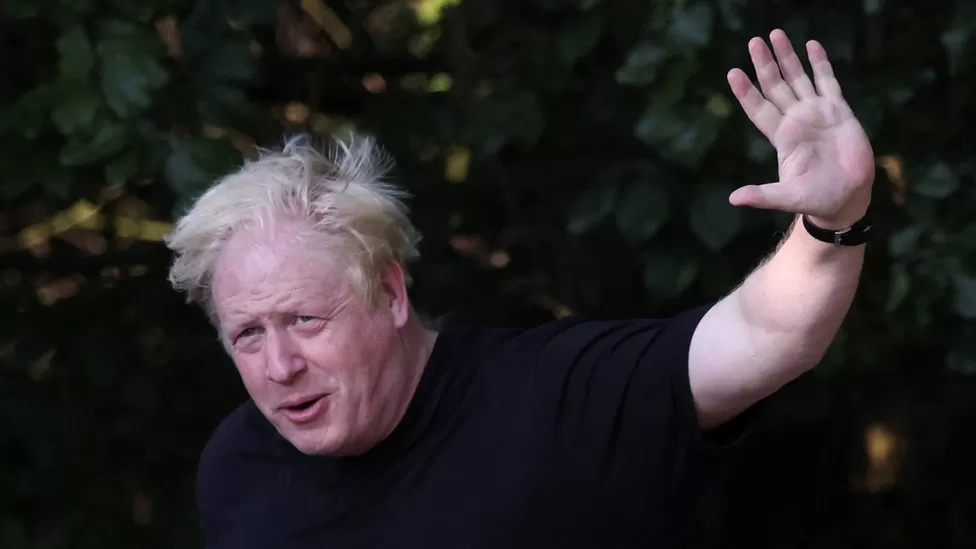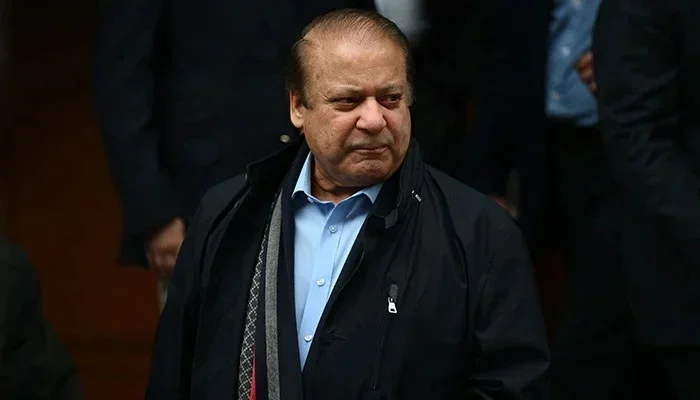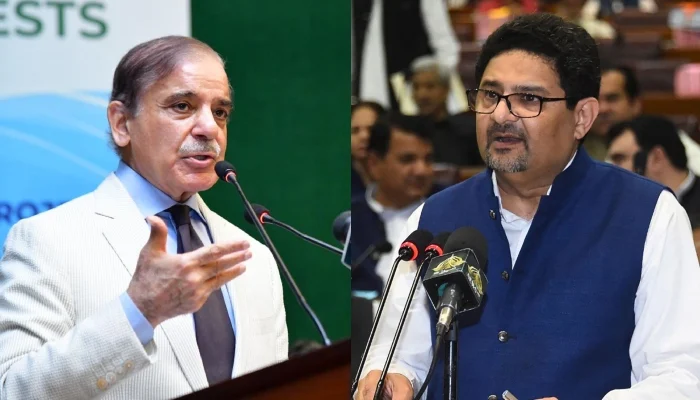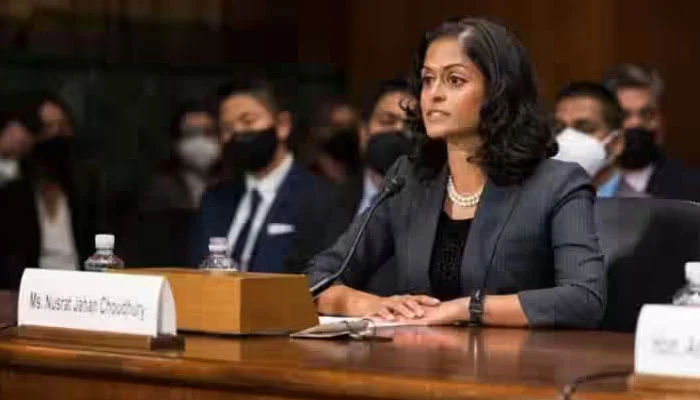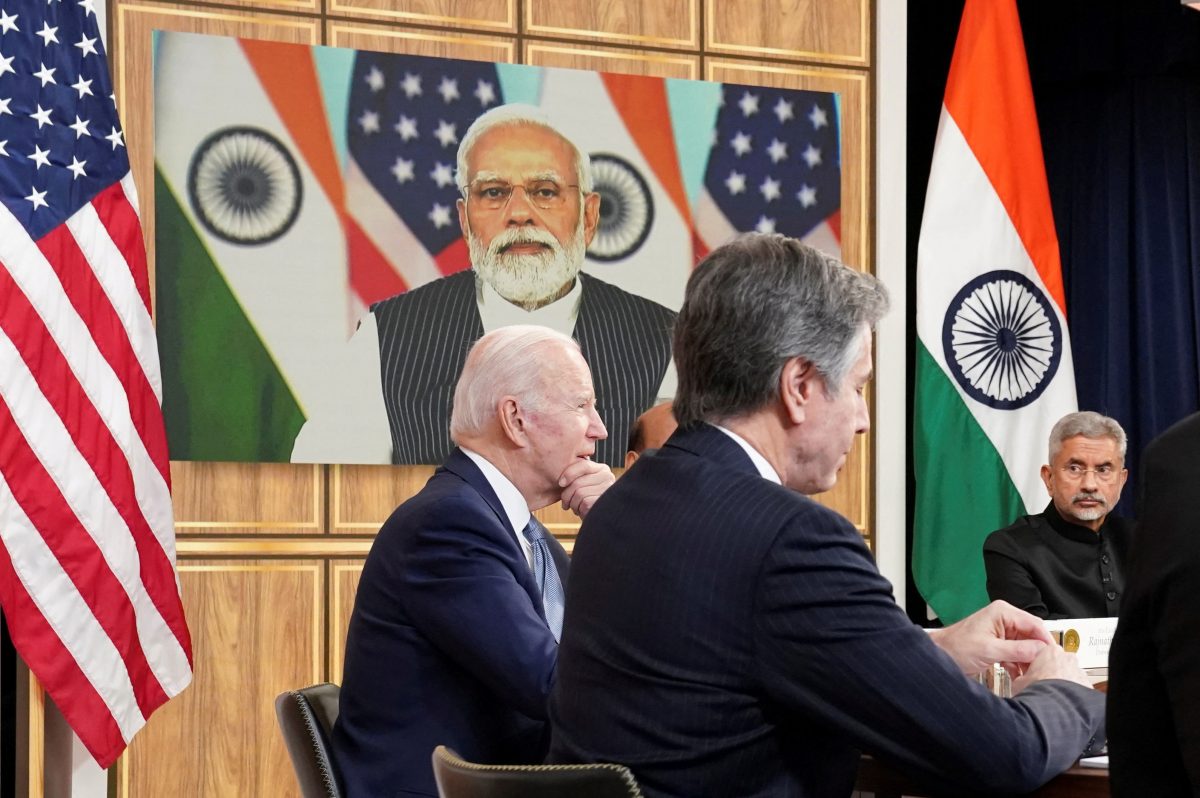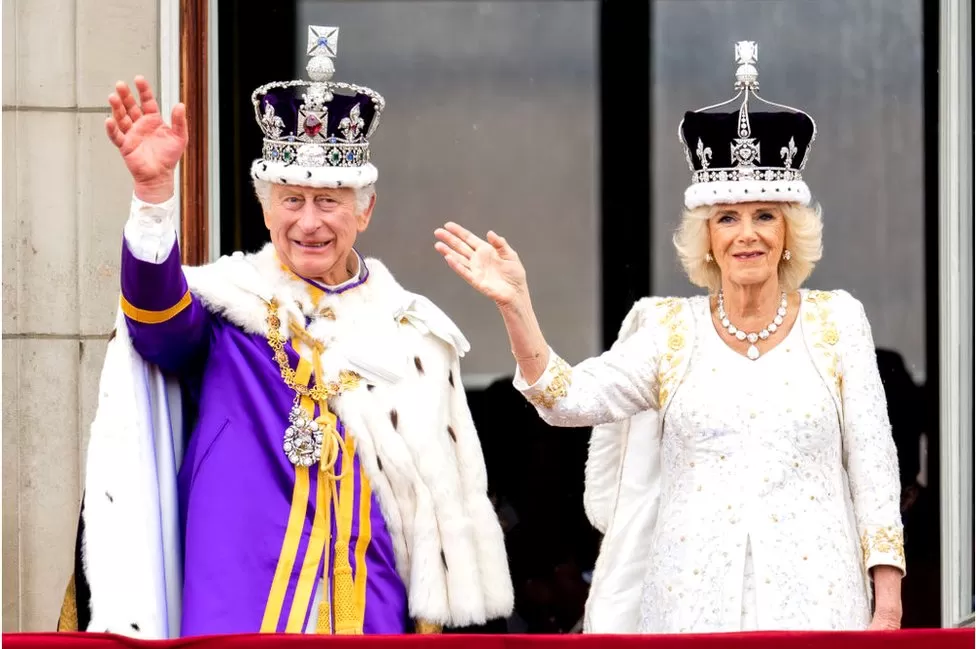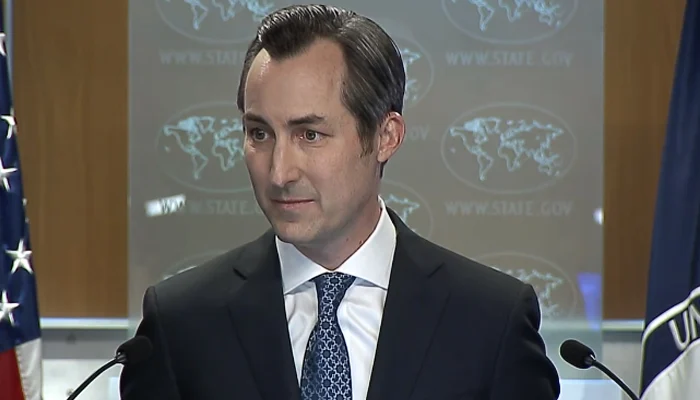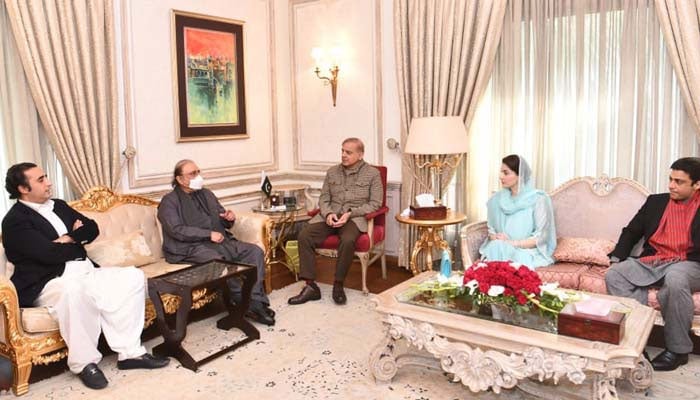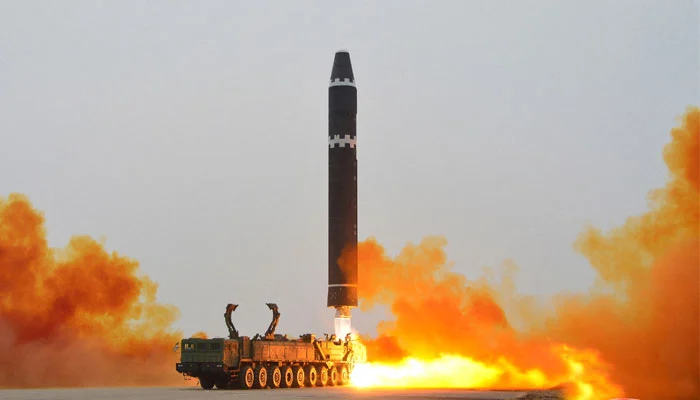The highest-ranking US visitor to Beijing in nearly five years, Blinken spoke to his Chinese counterpart for seven and a half hours — an hour more than expected — at an ornate state villa, including over a banquet dinner.
The two sides said Foreign Minister Qin Gang agreed to pay a return visit to Washington at a later date and that the two top diplomats would work together to expand flights between the world’s two largest economies, which remain at a bare minimum since the Covid-19 pandemic.
Blinken stressed “the importance of diplomacy and maintaining open channels of communication across the full range of issues to reduce the risk of misperception and miscalculation”, State Department spokesman Matthew Miller said, calling the talks “candid, substantive and constructive”.
Blinken will hold a second day of meetings on Monday and address reporters before leaving. He and Qin made no comments on their first day as they shook hands at the state guesthouse before their respective flags in front of a painting of craggy mountains and wispy clouds.
Behind closed doors, Qin told Blinken that relations between the United States and China “are at the lowest point since the establishment of diplomatic relations,” according to state-run broadcaster CCTV.
“This does not conform to the fundamental interests of the two peoples, nor does it meet the common expectations of the international community,” Qin said during the talks at the ancient Diaoyutai gardens.
But he issued a warning on Taiwan, the self-ruling democracy claimed by Beijing, which has launched live-fire military drills twice near the island since August in anger over actions by top US lawmakers.
“The Taiwan issue is the core of China’s core interests, the most important issue in China-US relations and the most prominent risk,” Qin said.
A senior US official, speaking on condition of anonymity, said the discussions went beyond the usual talking points, including on Taiwan. “This was a real conversation,” he said.
Turning page from showdown
Blinken was originally scheduled to visit in February but abruptly scrapped his plans as the United States protested — and later shot down — what it said was a Chinese spy balloon flying over its soil.
US President Joe Biden played down the balloon episode as Blinken was heading to China, saying: “I don’t think the leadership knew where it was and knew what was in it and knew what was going on.” “I think it was more embarrassing than it was intentional,” Biden told reporters on Saturday.
Biden said he hoped to again meet President Xi Jinping after their lengthy and strikingly cordial meeting in November on the sidelines of a Group of 20 summit in Bali, where they agreed on Blinken’s visit.
“I’m hoping that, over the next several months, I’ll be meeting with Xi again and talking about legitimate differences we have but also how there are areas we can get along,” Biden said.
The two leaders are likely to attend the next G20 summit, in September in New Delhi, and Xi is invited to travel to San Francisco in November when the United States hosts the Asia-Pacific Economic Cooperation forum.
Beijing has been especially irritated by Biden’s restrictions on the export of high-end semiconductors to China, with the United States fearing possible military applications and aiming to prevent the communist state from dominating next-generation technologies.
In a rising domestic priority for the United States, an aide said Blinken is expected to press China to curb precursor chemicals sent to Latin America to produce fentanyl, the powerful painkiller behind an addiction pandemic that kills tens of thousands of Americans per year.
Washington has also lashed China over human rights, with Blinken’s visit the first by a cabinet member since the United States accused Beijing of genocide against the mostly Muslim Uyghur minority.
Keeping allies close
As part of the Biden administration’s focus on keeping allies close, Blinken spoke by telephone with his counterparts from both Japan and South Korea during his 20-hour trans-Pacific journey and met in Washington before departure with Singapore’s foreign minister.
Biden’s national security adviser, Jake Sullivan, travelled to Tokyo for separate three-way meetings involving Japan, South Korea and the Philippines.
In recent months, the United States has reached deals on troop deployments in southern Japan and the northern Philippines, both strategically close to Taiwan.
Blinken is the first top US diplomat to visit Beijing since a stop in 2018 by his predecessor Mike Pompeo, who later championed no-holds-barred confrontation with China in the final years of Donald Trump’s presidency.
The Biden administration has gone further than Trump in some areas, notably with semiconductor sanctions, but has remained open to cooperation in limited areas such as climate.
Experts say China sees more predictability with Biden than with Trump, who is running for re-election next year.


